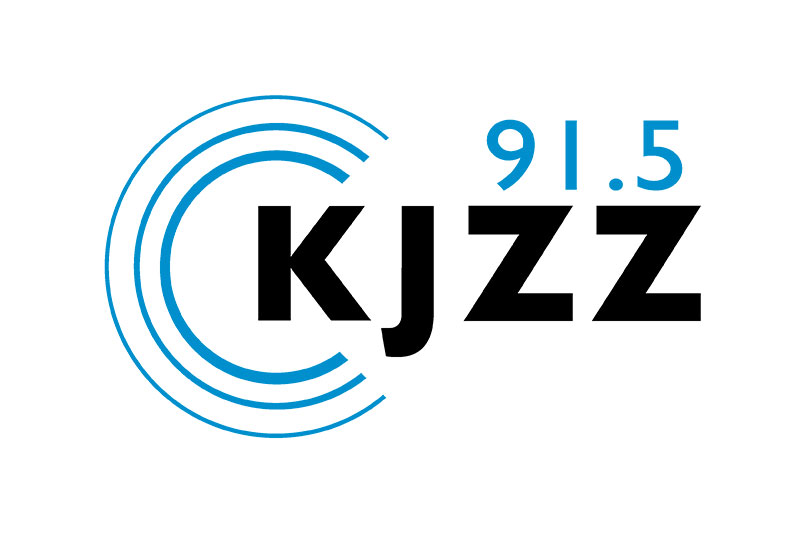Jill Chasson Helps KJZZ Listeners Navigate Fluctuating COVID-19 Workplace Restrictions
For two years, Arizona employees have adapted to a rollercoaster of ever-changing pandemic workplace guidelines. As COVID-19 restrictions decline in tandem with hospitalization rates, Jill Chasson sat down with KJZZ to explain what employers can legally require. Jill noted that for most companies, early pandemic legal questions about executive orders and closures evolved to issues affecting workers’ rights and safety protocols. Employers are legally allowed to require masks and can also ask about an employee's vaccination status, she explained. Chair of the firm’s governance committee and well-versed in federal and state workplace laws, Jill regularly works with employers to provide practical compliance advice and resolve difficult workplace issues. When disputes arise, she represents employers before administrative agencies, in arbitration proceedings, and in litigation in federal and state courts...
Read MoreRead More

